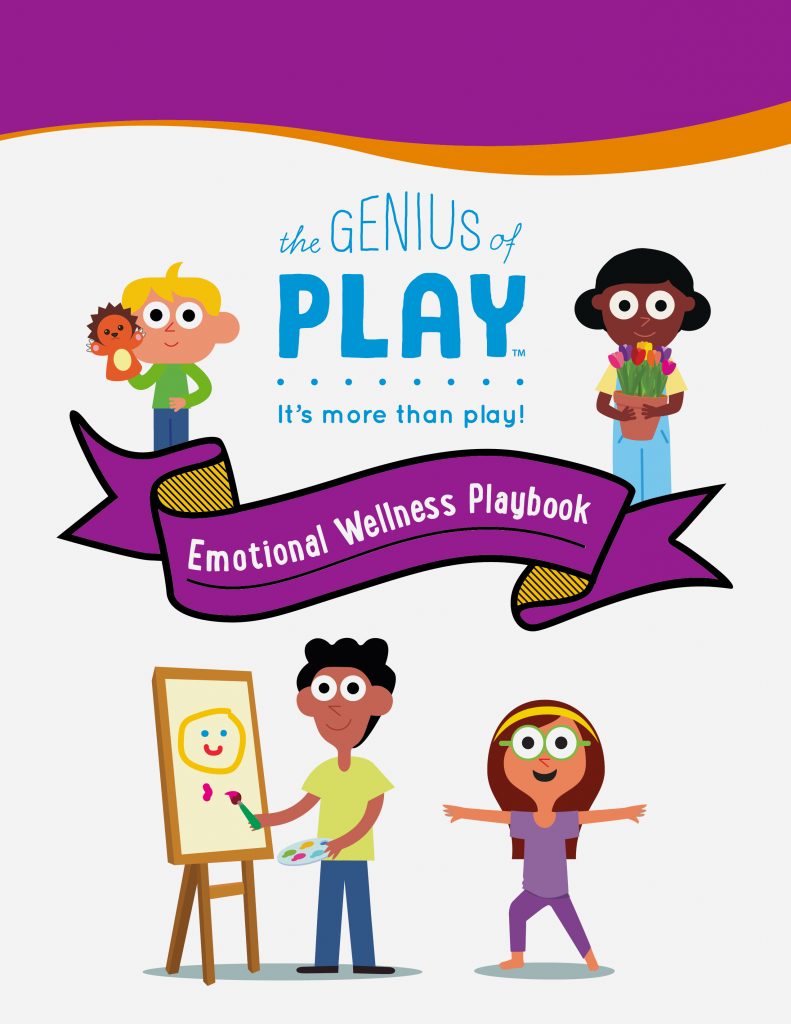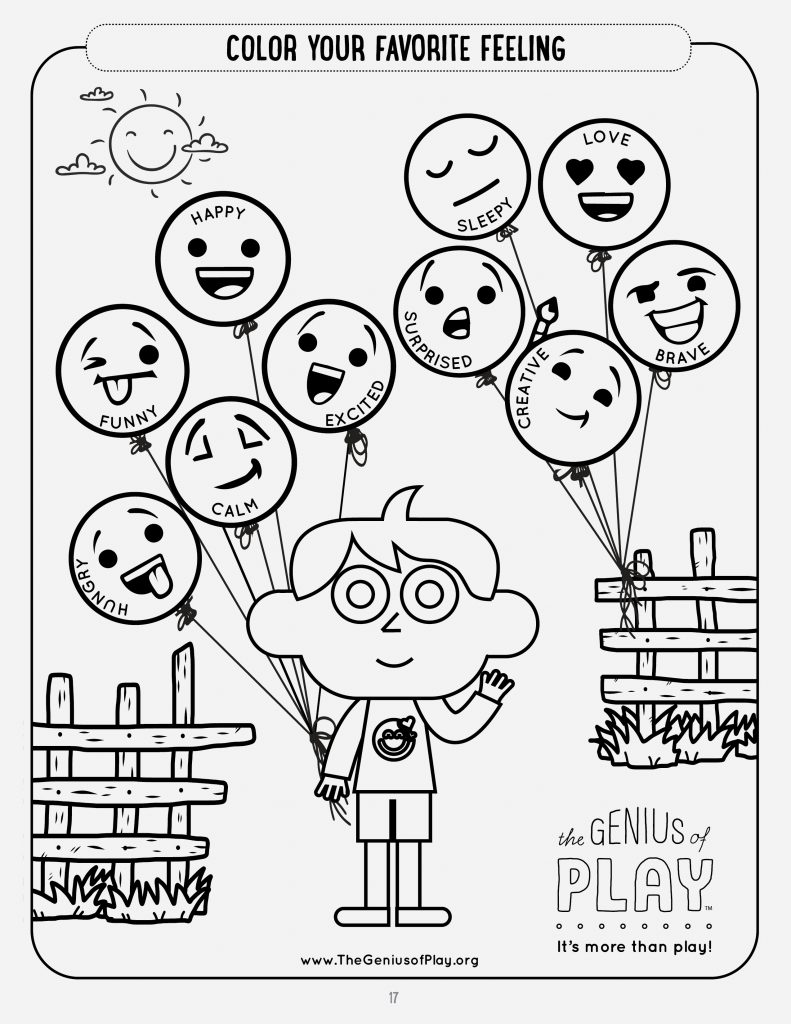Los Angeles-based Dr. Judy Ho, is a triple board-certified and licensed Clinical and Forensic Neuropsychologist, tenured Associate Professor at Pepperdine University and former host of “The Doctors.” We recently had the opportunity to chat regarding her new book published this month, “The New Rules of Attachment: How to Heal Your Relationships, Reparent Your Inner Child, and Secure Your Life Vision.”
Please tell us a little about why you wrote “The New Rules of Attachment”
I wrote “The New Rules of Attachment” because I noticed that so many people’s self-defeating behavior patterns were rooted in insecure attachment styles that caused them to relate to others in ways that didn’t serve their most valued goals in various areas of life. What I want readers to know is that no matter what happened in your past, you can attain secure attachment at any age and stage in order to improve your life, boost your mood, and become more confident and self-assured.
Our readers are all parents. What are some ways that reparenting our own inner child will help us become better parents.
Reparenting your inner child will also help you to become a more mindful and attuned parent. Most of the time, just showing up for our children, affirming their needs and letting them know you are holding space for them for their experiences is plenty to make them feel secured, cared for and loved. Sometimes we think we have to pull out all the stops, say the right things, do the right parenting technique – but many of the times, just our simple emotional and physical presence is enough to pave the way for our children to become securely attached.
How does our own attachment style affect parenting?
We may at times unconsciously bring in our own unhealed attachment wounds into parenting. Sometimes, we try so hard NOT to have the childhood we had (if we are unhappy with certain aspects of it) that we go overboard and cause our children to be more stressed and anxious about the world. Or at other times, because we were accustomed to our parents’ own styles of parenting, we end up acting in similar ways when we are taxed and have little cognitive and emotional resources left to have a more thoughtful approach toward dealing with our kids. No parent is perfect and no one expects you to be – but it is important to know your own triggers for insecure attachment behaviors that might create similar insecure attachments in our children – and find ways to teach them a more healthy, interdependent way of relating to others.
How can we help our child develop secure attachment?
The 80/20 rule applies here. If 80% of the time, you’re showing up for your children, being present, practicing active listening (listening to understand, not to argue, speak, or insert your own ideas) so that you really get what your kids are dealing with (both positive and negative), then your kids will be on a great path towards secure attachment. The 20% of the time where you’re distracted, make mistakes, get caught up in your own stuff – acknowledge it, consider ways you might improve, have a conversation with your children if it feels appropriate (e.g., “Mommy was really upset about something at work last night, sorry if I seemed distracted and missing in action over dinner”), and move on (and forgive yourself).
What if I’m a parent of a tween or teen and just learning about attachment style. How can we develop a secure attachment at this age?
We can help tween/teens and ourselves develop secure attachment by setting aside quality time with them and also quality time that is yours and yours alone. Healthy attachment is really rooted in a healthy relationship to yourself – so learn to be comfortable in your own skin so you can enact healthy boundaries (and know what they are in the first place), practice self-care (so you can show up for others including your kids), and model those great coping skills for your children.
Why did you decide to study attachment theory?
Because all humans crave and need meaningful connection to survive and thrive. I became very interested in the foundations and impact of attachment because I think it’s a universal phenomenon rooted in the very essence of being a human.
What surprised you the most as you were researching and writing your book?
That attachment had such far reaching impacts, not just about romantic relationships as most online articles/social media emphasizes, but that the biggest influence is on your self-concept and your sense of self.
If you could provide all parents one piece of advice, what would it be?
It’s overwhelming to balance it all – and sometimes we push ourselves to do everything and be our best for everyone. It’s simply not possible to do that all the time. You can have it all – but maybe not all at the same time. Some days, you’ll be able to show up more readily and fully as a parent. Other days, you’ll be dealing with some of your own personal challenges or stress at work. It’s ok that you can’t get it all done – as long as you feel that you are moving in concert with your top values every day. Values are not goals you can check off a list, but rather important things you think your life should be filled with and how you might want to be talked about when you’re not in the room. If every evening, you can say “I did something in the service of each of my top values today, however small they were,” then you had a great day.
You’re based in Los Angeles. Do you see unique challenges that L.A. families face?
L.A. is such a beautiful place, but there is also so much social and environmental noise. It can be hard to focus on yourself and be rooted in what you want and need and not be swayed at times too much by what others in your life are telling you. So it’s more important than ever to hone your intuition and be guided by an internal compass when you’re stressed, at crossroads, mulling over a big decision, and trying to find space to achieve peace and calm.
You talk about self-compassion strategies in your book. Self-compassion can be difficult for moms. What advice do you have for moms who feel like they can never measure up to everything society and their own inner voice expects from them?
I love doing lovingkindness meditation when you first send compassion to others in your life (even people you might be in conflict with), and then practice sending that compassion to yourself. It can be a challenging practice at first but if you do this daily (and it only takes 5 minutes or so), you’ll find a radical shift in your inner self-critic that wants to put you down at the most inconvenient times. I also think visualizing trading places with a friend can be helpful. Imagine that you were talking to your friend, a person you care about, the way that you talk to yourself. Would you ever do that? The answer is usually no. Also, imagine someone who cares about you – what would they say to you in this situation? Would they be this harsh? Again, the answer is most likely no. To combat this negative self-talk, try my yes-but technique. “Yes___.” Fill in the blank with something that’s upsetting you or not going well. “But___.” Fill in the blank with something that shows improvement, is an indicator of progress, or something positive in your life. Example: “Yes, I haven’t made it as far in my career as I’d like at this point, but I just signed up for a new training program and these new skills should help provide additional opportunities I can explore.”




















































































